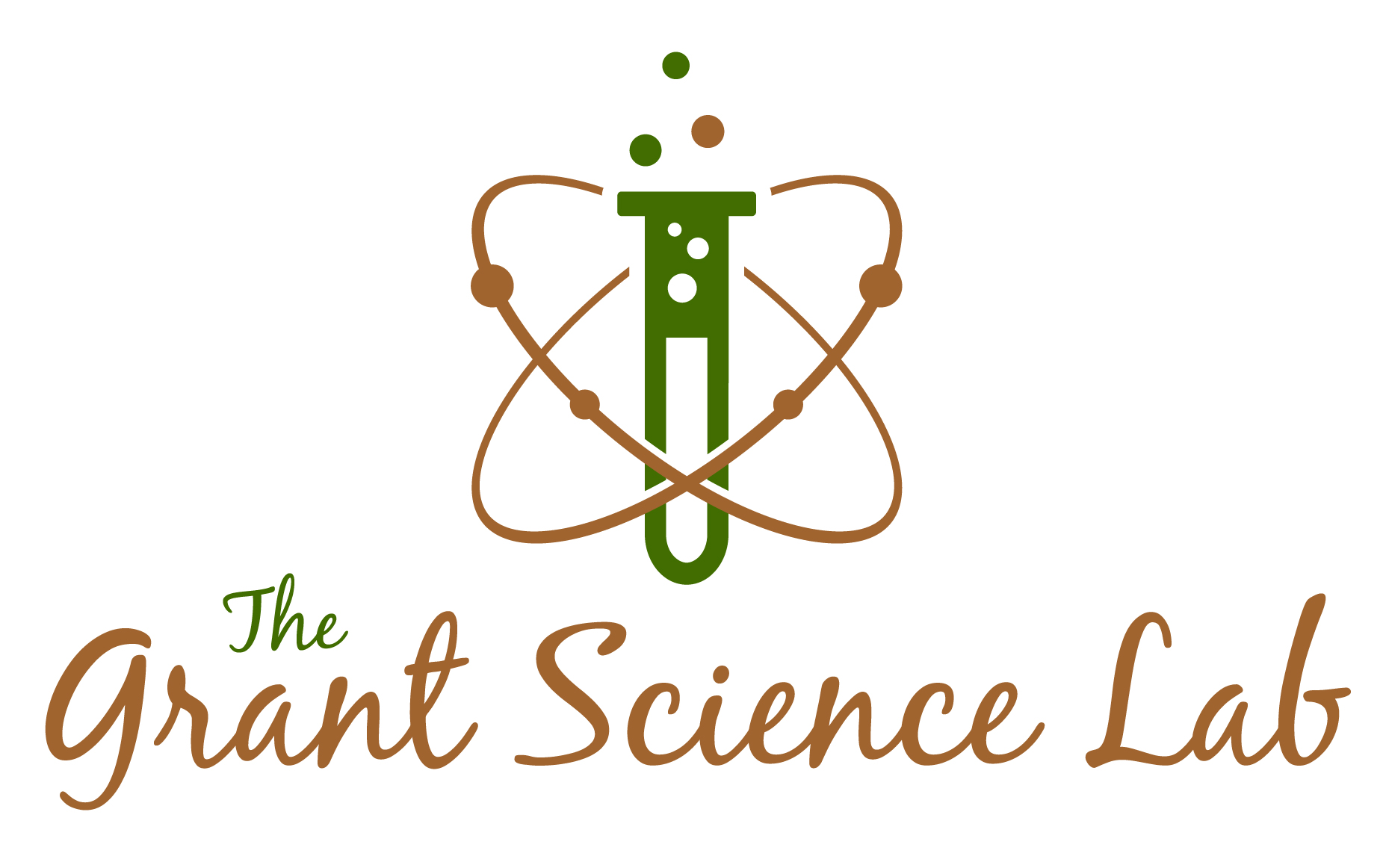Grant Professionals: International Style
 Last week The Grant Professionals Association celebrated International Grant Professionals for the second time using social media. Danny Blitch (@grantprodanny) of the Georgia chapter of the GPA is the mastermind behind last week’s events. Wednesday, March 16 was our special international event – an all day video chat using the Blab Beta platform discussing grants and fundraising from an international perspective. I (@grantsciencelab; @DeborahCook6) had the privilege of interviewing Ruth McLean Dawson (@meRuthAnne) about how to connect with the folks on the ground working in international aid during the 12:00 to 1:00 EDT time slot. Since we could not break it up into shorter segments here is the topic schedule for the day covering nearly 8 hours of video chat.
Last week The Grant Professionals Association celebrated International Grant Professionals for the second time using social media. Danny Blitch (@grantprodanny) of the Georgia chapter of the GPA is the mastermind behind last week’s events. Wednesday, March 16 was our special international event – an all day video chat using the Blab Beta platform discussing grants and fundraising from an international perspective. I (@grantsciencelab; @DeborahCook6) had the privilege of interviewing Ruth McLean Dawson (@meRuthAnne) about how to connect with the folks on the ground working in international aid during the 12:00 to 1:00 EDT time slot. Since we could not break it up into shorter segments here is the topic schedule for the day covering nearly 8 hours of video chat.
Except for a few remarks of mine on the international and collaborative nature of science, we didn’t discuss research grants. It seems to me, and I’ve written about this before is that the academic grant writing and nonprofit grant writing occupy parallel universes. Two universes that have more in common with each other than either thinks. The video chat really demonstrates the scale of the nonprofit universe as it applies to international grants and fundraising. It also is a good introduction to that universe for the research grant community.
Deb Cook PhD
Recruiters and Reviewers: Layman, Novice, Expert
 It’s a new year and a new way to think about research grants. Grant consulting represents a possible alternative career path to academia for doctorate holding folks, especially scientists. Prior experience as a PI or Co-PI combined with review and panel participation probably rules out early career scientists, but it’s an ideal for the mid or late alternative career plan.
It’s a new year and a new way to think about research grants. Grant consulting represents a possible alternative career path to academia for doctorate holding folks, especially scientists. Prior experience as a PI or Co-PI combined with review and panel participation probably rules out early career scientists, but it’s an ideal for the mid or late alternative career plan.
At the end of 2015, the higher education news media published many career advice articles, including ones on alternate careers directed at doctorate holding folk.
Answering the So What? Question
 A Grant Professional Association colleague of mine likes to challenge nonprofits and grant writers with asking them, “So what?” Likewise it’s a challenge to researchers. As an open-ended question, this stops people in their tracks about their or the organization’s mission and goals. It should stop academic scientists too. To me, it is about taking time to consider the following questions about your research:
A Grant Professional Association colleague of mine likes to challenge nonprofits and grant writers with asking them, “So what?” Likewise it’s a challenge to researchers. As an open-ended question, this stops people in their tracks about their or the organization’s mission and goals. It should stop academic scientists too. To me, it is about taking time to consider the following questions about your research:



